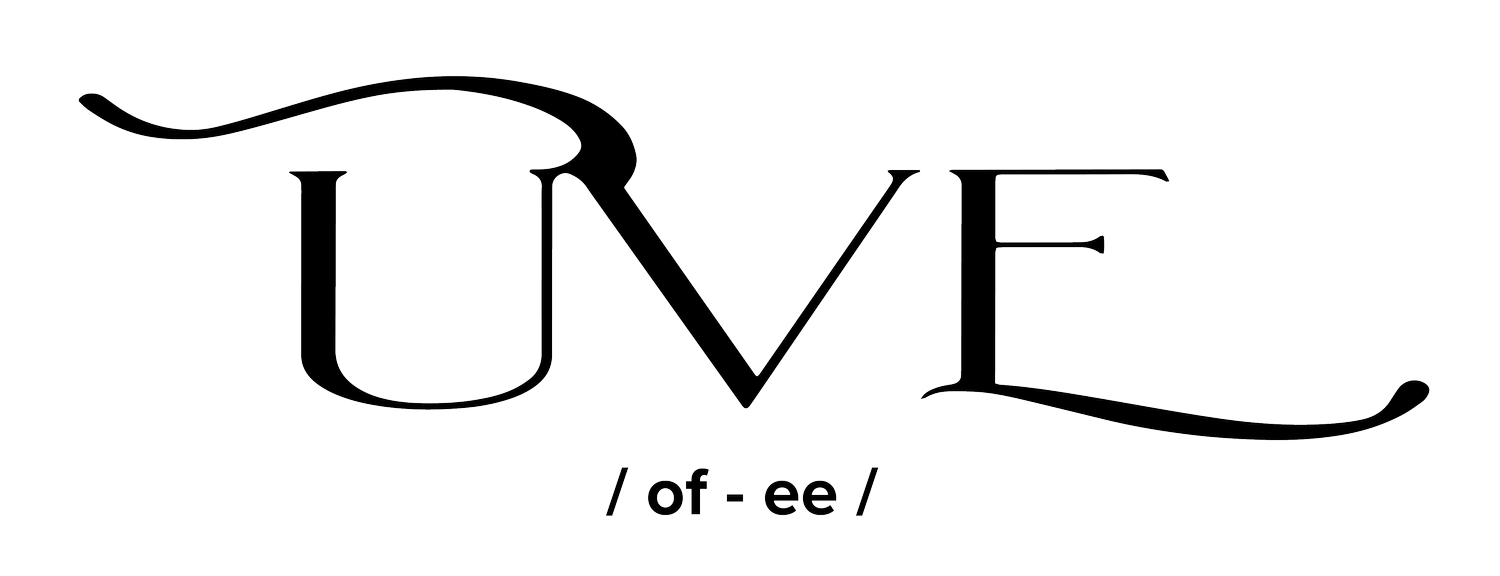Eastern Oregon University visits The Malmberg Ranch
The Eastern Oregon University (EOU) Summer Bridge Program seeks to increase student success and retention through an academically intensive, culturally responsive "bridge" into university life.
Among the program's goals are to welcome new, first generation, and under-represented students to the La Grande campus and surrounding community; to build supportive networks among students, tutors, peer mentors, faculty, community members, and staff; and to further strengthen foundational academic skills prior to the start of fall term (writing, reading, speaking, and mathematical reasoning).
A critical component of this program is building meaningful contexts for learning: introducing students to diverse majors and disciplines, strengthening their understandings of what and why people in different fields study, and showing them through multiple local, in-person examples how different kinds of knowledge can be applied to solve different kinds of problems both within and beyond the university.
In 2022, all math and writing activities in the program build from the theme "Stories of Place" and connect to the shared book The Beadworkers, by Nez Perce author Beth Piatote (who will also be speaking to the students via Zoom during the program).
This year's field trips include:
1. An all-day trip to the Nez Perce Wallowa Homeland Project and Maxville Heritage, focused on Black and Indigenous histories of Wallowa County, diverse representations of place, how local agencies and organizations use "stories of place" to achieve different purposes (ex., grant writing, tourism, public policy), and the kinds of research and analysis people in the region are using to support local preservation and conservation efforts (biological, archaeological, historical, statistical, etc.). (Sept. 10)
2. A partial-day trip around Union County, Oregon focused on diverse farming, ranching, and land use practices and collaborations and the values, knowleges, philosophies, and approaches to "place" that inform them (Sept. 11, starting at Malmbergs' in the morning and ending at Evergreen Family Farms in La Grande in the afternoon)
3. An all-day trip to a fish habitat restoration project managed by the Confederated Tribes of the Umatilla Reservation on Catherine Creek and then on to the Baker City Heritage Museum for presentations on the Oregon Trail and the Chinese history of Eastern Oregon, again focused on issues of story, representation, and local applications of disciplinary research. (Sept. 13)
4. An all-day trip to the Pendleton Round-Up, including the Junior American Indian Beauty Pageant, the children's rodeo, the Indian Village, and the rodeo itself. This field trip asks students to begin to synthesize earlier discussions of story, identity, knowledge, and disciplinary research in a site in which multiple different representations of Eastern Oregon and its history intersect. This field trip asks: How are "stories of place" leveraged for different purposes in sites like this (economic, tourist, community building, cultural preservation, commerce, advocacy, etc.)? What kinds of questions might people in different majors or disciplines ask about this event? What kinds of evidence would they use to support their analyses? (Sept. 15)
5. A split day field trip to interview local farmers and community members at the La Grande Farmers' Market, followed by participation in a community storytelling event on the theme of "Home" hosted by Arts Center East in downtown La Grande.



